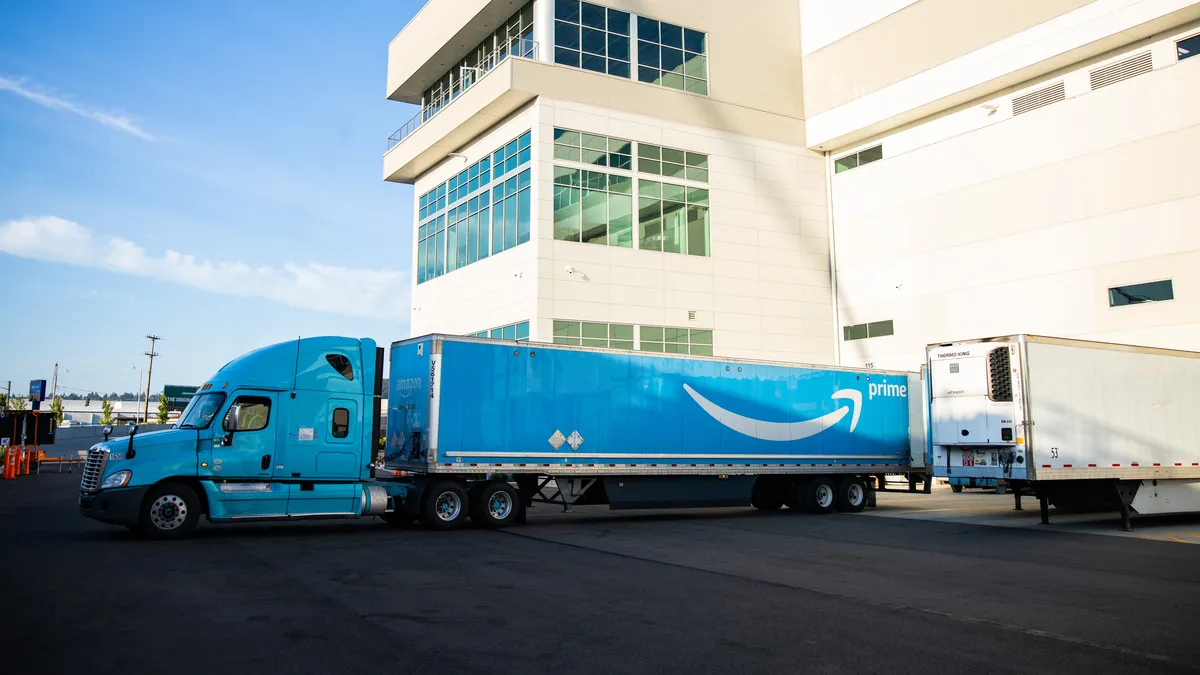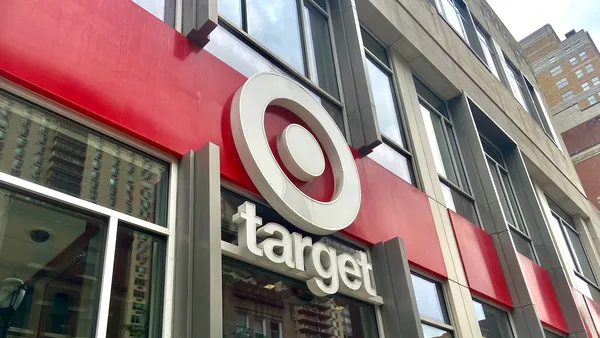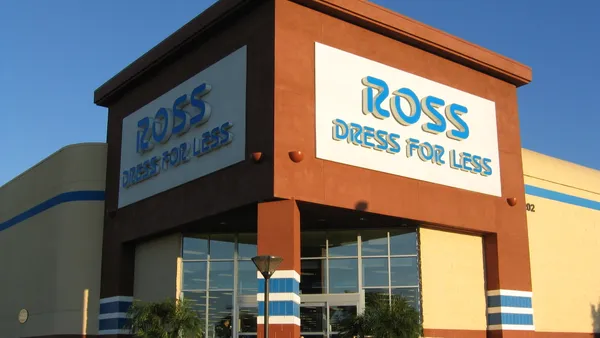Dive Brief:
- In an effort to help unionize more Amazon employees, The International Brotherhood of Teamsters announced Tuesday the creation of its Amazon Division, according to a press release.
- The division is dedicated to uniting Amazon workers and securing more workplace protections for them. It will be led by Randy Korgan, who brings three decades of organizing and industry experience.
- The Teamsters union is one of the U.S’s largest labor groups — consisting of 1.2 million members — and seeks to protect logistics workers at Amazon, which it claims is responsible for half of all workplace injuries in the warehouse sector “as its employees sustain serious injury at five times the national average,” per the release. Amazon did not immediately respond to a request for comment from Retail Dive.
Dive Insight:
The Teamster’s announcement means Amazon’s battle with organization efforts just got more serious.
“For 120 years, the Teamsters have proudly and ferociously protected transportation, logistics, and delivery workers, and we refuse to allow Amazon to continue to abuse and disrespect the more than one million Americans it employs,” Teamsters General President Sean O’Brien said in a statement. “Our new division affords a nationwide network of resources to all Amazon workers, behind the wheel of any truck or hard at work in any facility, to strategize with the union, mobilize in their communities, and succeed together.”
The news comes about a week after an officer with National Labor Relations Board recommended rejecting Amazon’s objection to a union vote in New York’s Staten Island. The successful vote at the New York warehouse in April had showed 2,654 votes cast in favor of unionizing to 2,131 against.
Amazon is not the only retailer handling increased interest in unionization from employees. Outdoors company REI had successful unionization votes occur at stores in Berkeley, California and New York this year.
As consumers and investors look closer at retailers’ ESG goals and policies, many are finding them at odds with how companies are handling union interest from employees.














